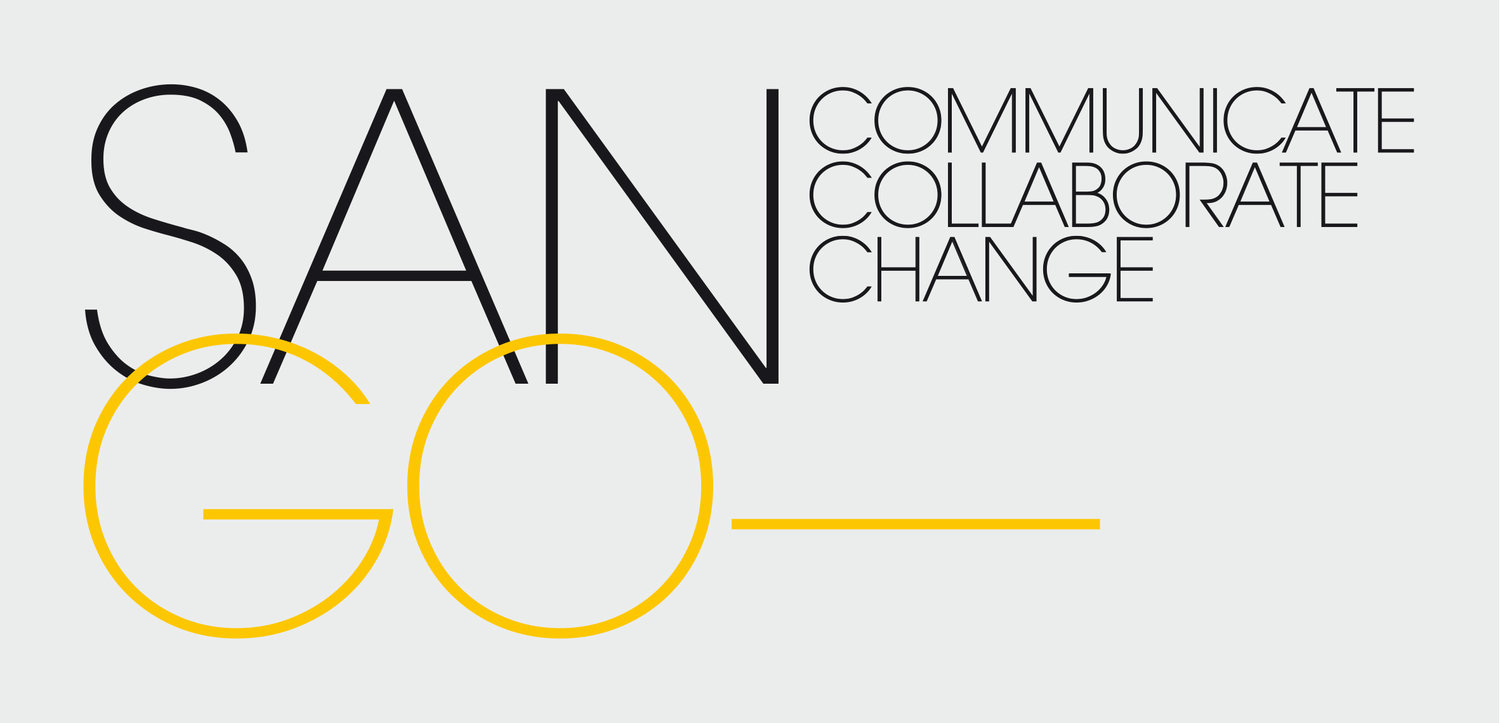The recent death of Olive Cooke was tragic; as the red tops put it, a hard working charity worker hounded to suicide by heartless charities praying on her good will and manipulating her conscience.
This is a simplistic view characteristic of this media, and, as the family has pointed out, inaccurate. However, charities should still take a hard look in the mirror to learn significant lessons.
At the heart of most charities, and especially the larger ones, there is a difference between the aims of Operations and Fundraising. They have very different Customers and, in practice, contrasting values. And these clash.
Operations prioritise not just what they do but how they do it. Fundraisers focus on targets, in reality often regardless of the wider impact. This used to be played out in the internal arguments about what fundraising images were appropriate – the heart-rending impoverished crying child or the more typical but mundane programme images. Increasingly, though, this debate is happening about issues which are closer to home.
I worked as a UK based Area campaigner and fundraiser for a large international NGO in the late 1990s, and saw this clash first-hand. Local volunteers, who had been with the charity for 20-30 years and had given large amounts of time, effort and skill, were stopped on the streets of Birmingham by the first wave of chuggers…and asked to donate to the same organisation! They were rightly outraged, but my demands for the practice to stop were met by bemusement back at Head Office, and the charity had soon implemented teams of chuggers UK wide.
The impact of cold mail drops can be similarly damaging – or at the very least environmentally harmful. A large UK charity I worked for would regularly mail millions of households with a letter pulling on people’s heart strings, happy with a 0.2% return. The wastage was never discussed, and nor was the impact these letters have on vulnerable elderly people like Olive. By the way, the elderly are particularly unique in blurring boundaries between operations and fundraising. At an age when they should be receiving charitable support they can find themselves conversely pressurised as their generosity results in them being put on innumerable mailing lists. The exponential growth in legacy income in the last 20 years is the backdrop to this.
Implementing stronger values in fundraising, in conjunction with income targets, would improve the situation. There is also a role here for Impact Reports, which have been in the third sector media recently, criticised for being overly complicated. I would add the charge that they are, in some ways, too simplistic in their one-sidedness. Only when Impact Reports include all charitable activities, covering bad as well as good outcomes, will they be truly reflective of the real work in the sector. We all want a transparent and accountable third sector, don’t we?
Steve Morley is Managing Director of strategy house Sango Consulting. He spent ten years working in campaigns, marketing and communications for big NGOs, before setting up his own consultancy in 2006. He has since worked in over fifty organisations across all sectors.
For more information call 07903 541124, email steve@sangoconsulting.co.uk or visitwww.sangoconsulting.co.uk


